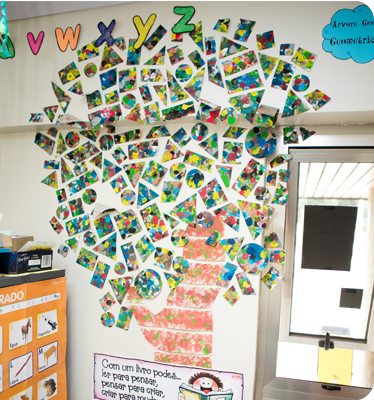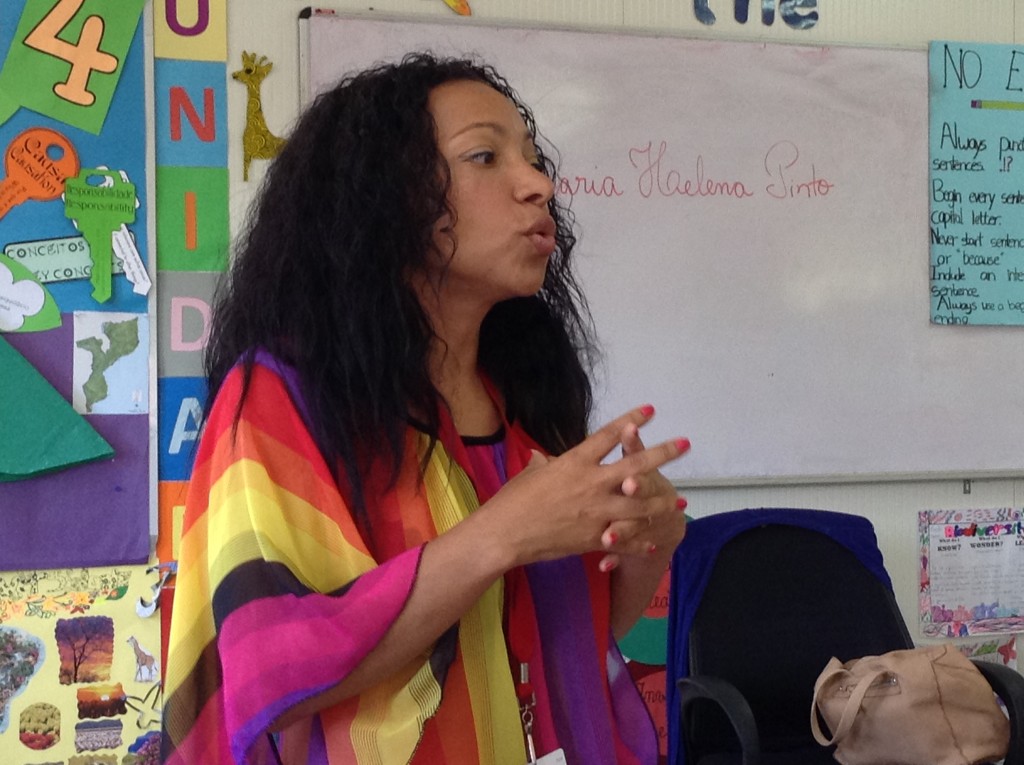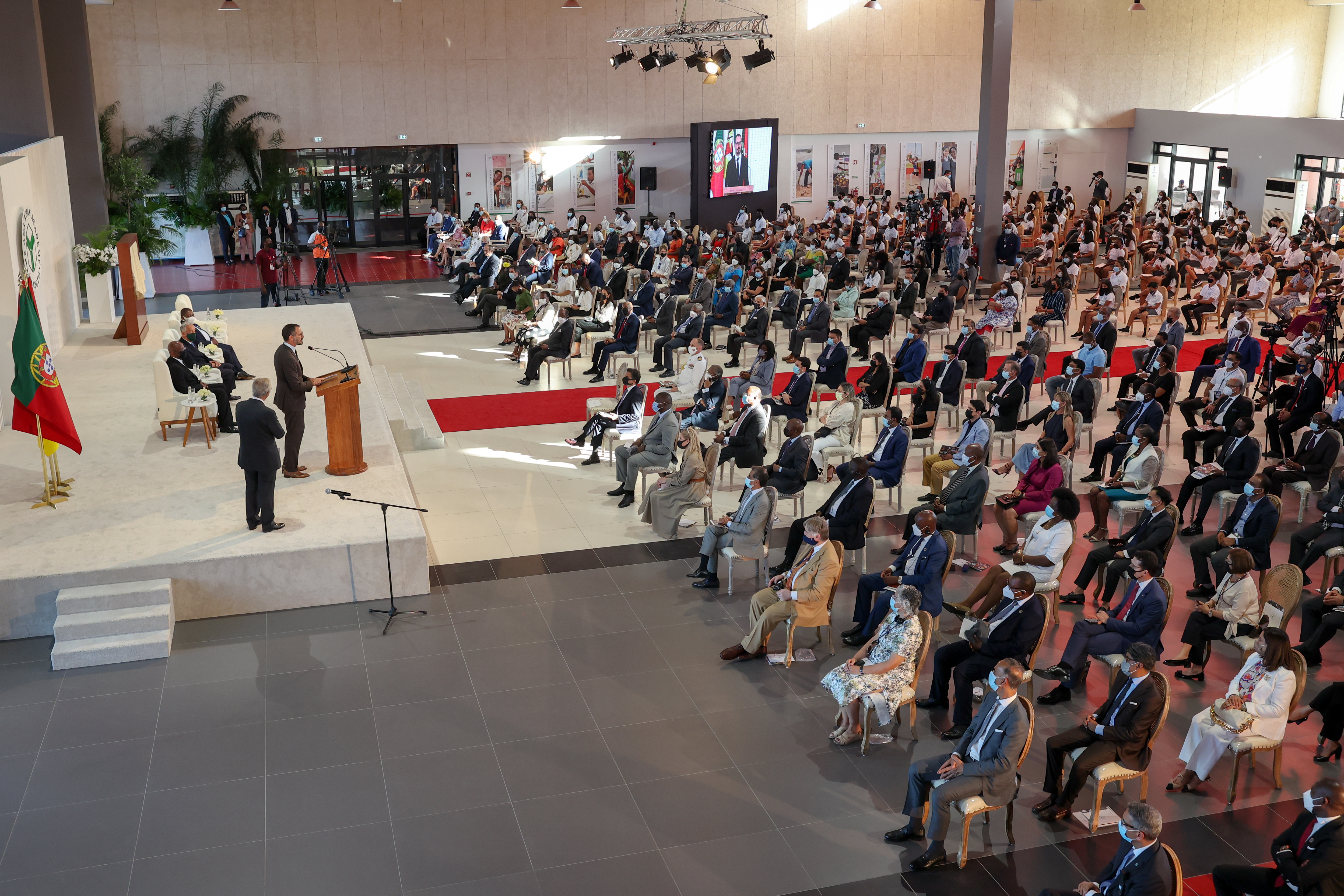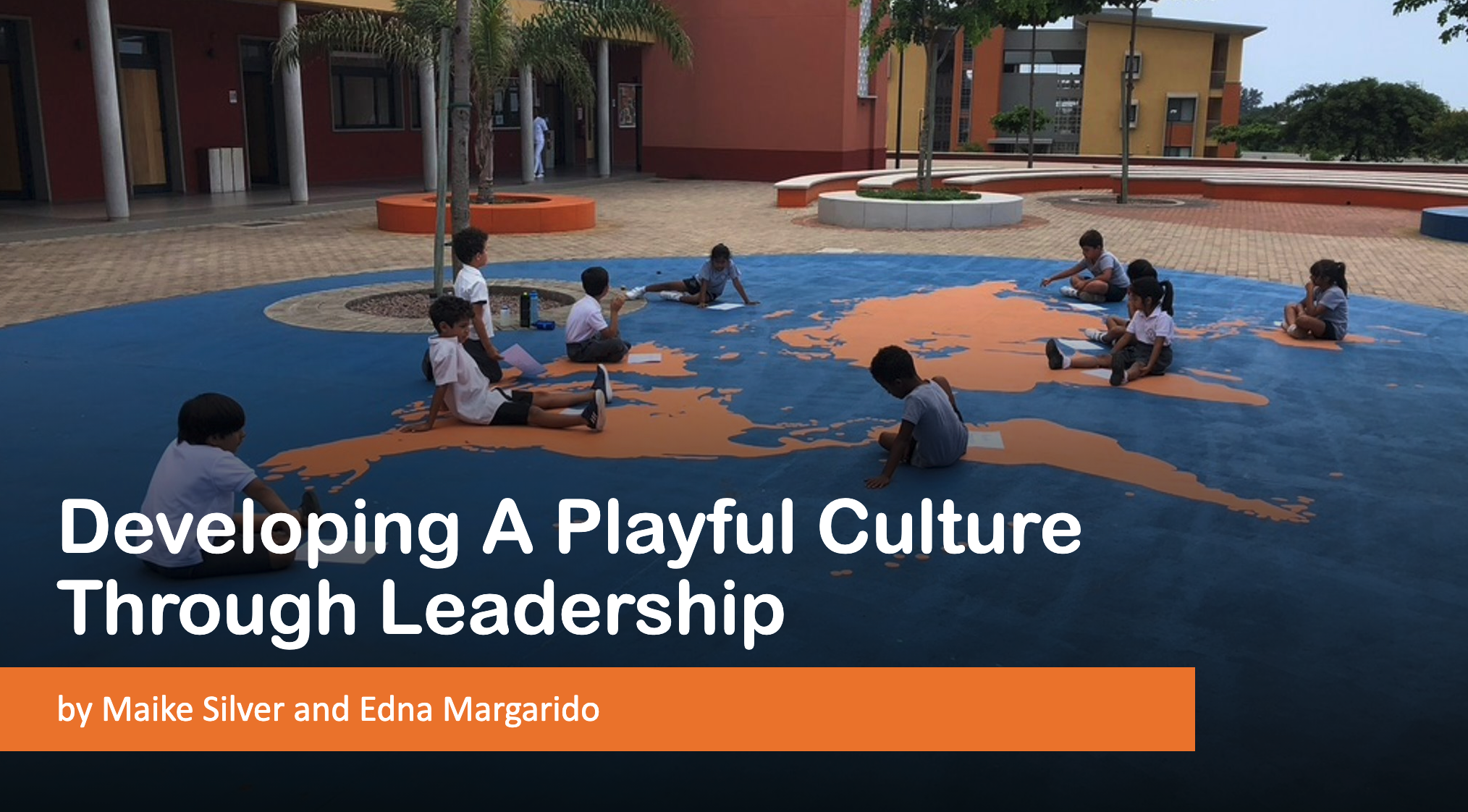
Aga Khan Curricular Strands
The Aga Khan Curricular Strands (AK Strands) are a unique part of the programme offered by the Aga Khan Academies. The AK Strands are areas of learning aimed specifically at developing knowledge, skills and attitudes required by future leaders.
Our goal at the Academies is to develop young people who have strong local roots and are also globally minded. They should be able to become leaders in whichever fields they choose.
To help achieve this goal, we have identified five areas of learning, the Aga Khan Curricular Strands, that we believe are important for our students. These are:
- Ethics
- Pluralism
- Cultures (with an emphasis on Muslim civilisations)
- Governance and Civil Society
- Economics for Development.
Implementing the AK Strands
The Aga Khan Curricular Strands are not taught as independent subjects. Instead, we weave them into the existing subject areas of the academic curriculum. They help inform the selection of content and themes for study. The AK Strands also provide direction for school life outside the classroom in areas such as policy making, recruitment, student life and residential life.
Two of the AK Strands, Ethics and Pluralism, help students develop values and dispositions required by ethical leaders. Our students learn about these areas in theory and are also encouraged to practice what they learn in their everyday lives.
Through the other three AK Strands, our students learn about ideas that are important to the functioning of societies. In particular, they learn about how these ideas impact people’s lives in countries of the developing world. The knowledge they gain helps them understand key issues from both local and international perspectives.
The AK Strands in practice
The Aga Khan Curricular Strands were developed at the first Aga Khan Academy in Mombasa and are designed to be used in different cultural contexts. Teachers from the Aga Khan Academy Maputo help tailor the AK Strands for the local environment in Mozambique.
Through the Aga Khan Curricular Strands, our students develop attitudes and values that will help them throughout their lives. They also gain knowledge and understanding that will allow them to contribute positively to their societies in the future.
For more information on the educational programme offered at the Aga Khan Academy Maputo, please visit the Academic Programme page.
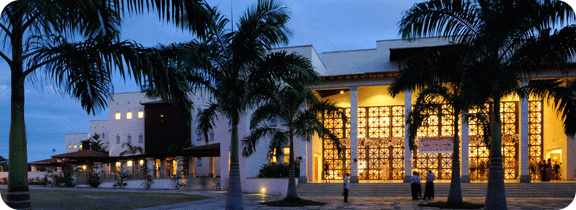
History
In 2000, His Highness the Aga Khan initiated a programme to establish an integrated network of schools, known as Aga Khan Academies. The aim of the Academies is to provide education to deserving students at an international standard of excellence.
The Aga Khan Academies are part of the Aga Khan Development Network (AKDN), which has been involved in education in developing countries for decades. AKDN agencies currently run more than 240 schools and educational programmes ranging from early childhood through to post-graduate education.
Establishment of the Aga Khan Academy Mombasa
In 2003, the first of the Aga Khan Academies was established in the Kizingo area of Mombasa, Kenya. The Aga Khan Academy Mombasa is a state-of-the-art learning institution recognised as an International Baccalaureate World School.
The campus design was inspired by Swahili architecture. Our campus sits on an 18-acre piece of land that includes a residential facility, a sports complex, classrooms, resources areas and common areas.
 The Academy was inaugurated in 2003 as a day school by His Excellency Mwai Kibaki, the President of Kenya, in the presence of His Highness the Aga Khan. The residential programme officially began in April 2009.
The Academy was inaugurated in 2003 as a day school by His Excellency Mwai Kibaki, the President of Kenya, in the presence of His Highness the Aga Khan. The residential programme officially began in April 2009.
His Highness the Aga Khan visits the Academy in Mombasa
We pride ourselves on having a multicultural student body, which excels not only in academic pursuits, but also in sports, cultural activities and community initiatives. Our programme has already proved successful, with our students achieving strong academic results. In 2007, we saw our first International Baccalaureate Diploma graduates obtain acceptance as well as scholarships from top post-secondary institutions worldwide.
The Academies network
The Aga Khan Academy Mombasa will be part of a network of approximately 18 planned Aga Khan Academies that will form an interconnected learning community.
The Aga Khan Academy Hyderabad, India was the second to open in 2011, and the third opened in 2013 in Maputo, Mozambique. Others are at various stages of planning and development (map).
The work of the Academies is also enhanced through partnerships with other international educational institutions. These include the International Baccalaureate network, the Aga Khan University, the University of Central Asia and other agencies of the Aga Khan Development Network.
